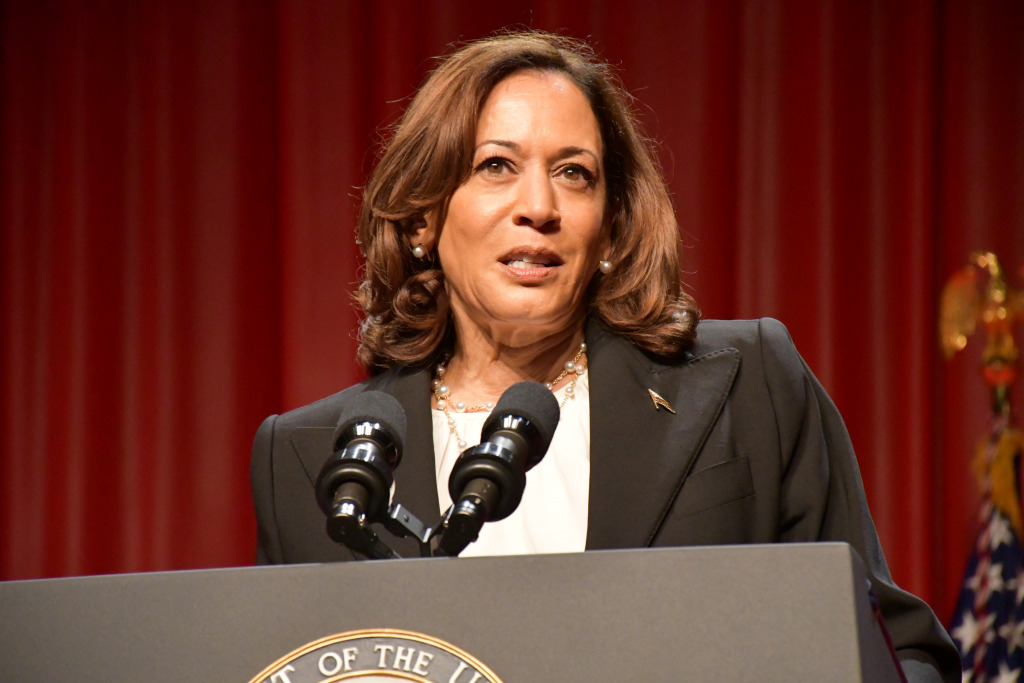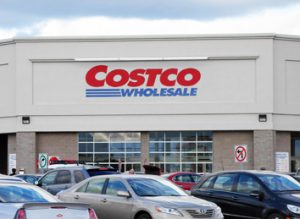
Supreme Court seems likely to back Trump’s power to fire independent agency board members
The court’s conservative majority on Monday suggested that it would overturn the 90-year-old decision that has limited when presidents can fire the board members of independent federal agencies.








